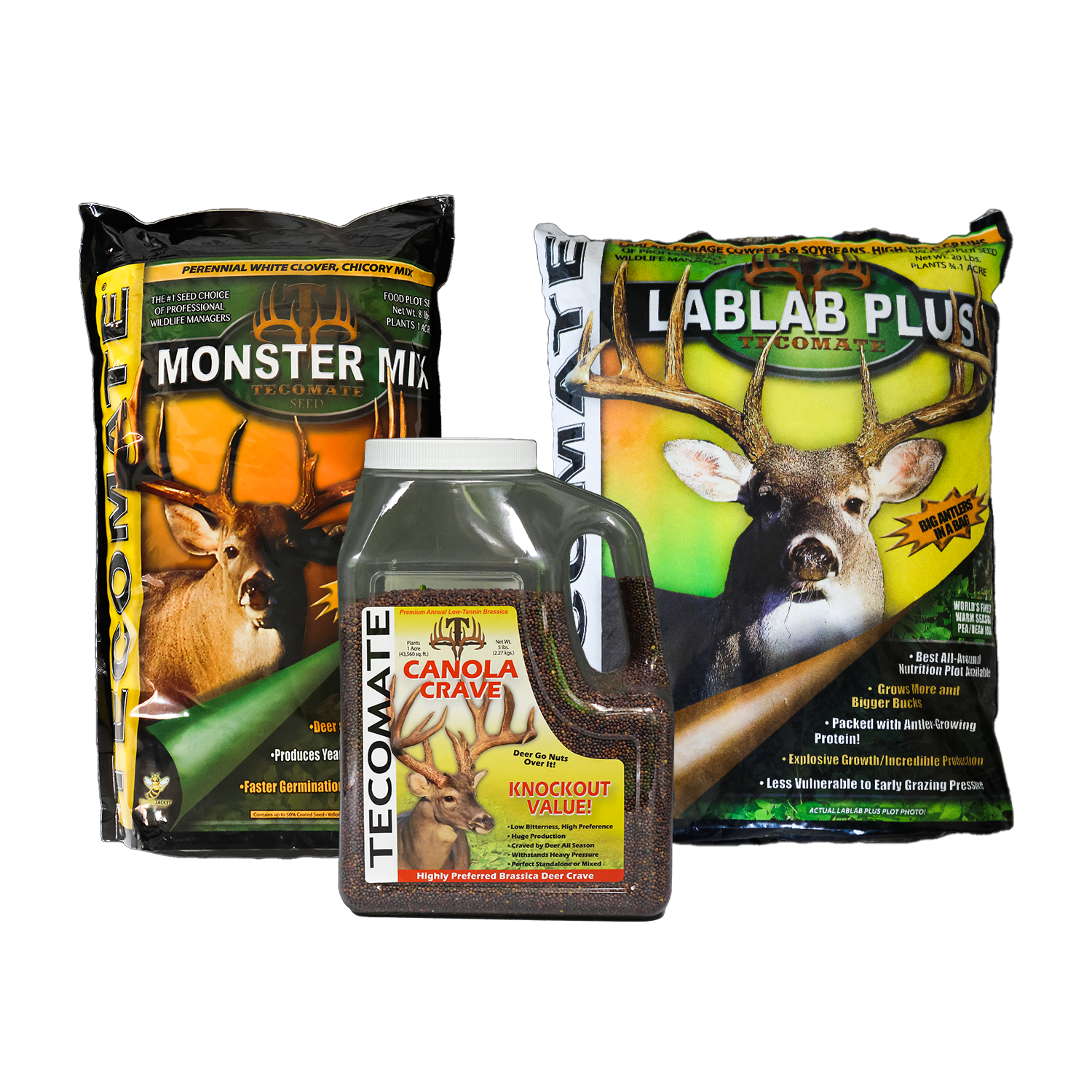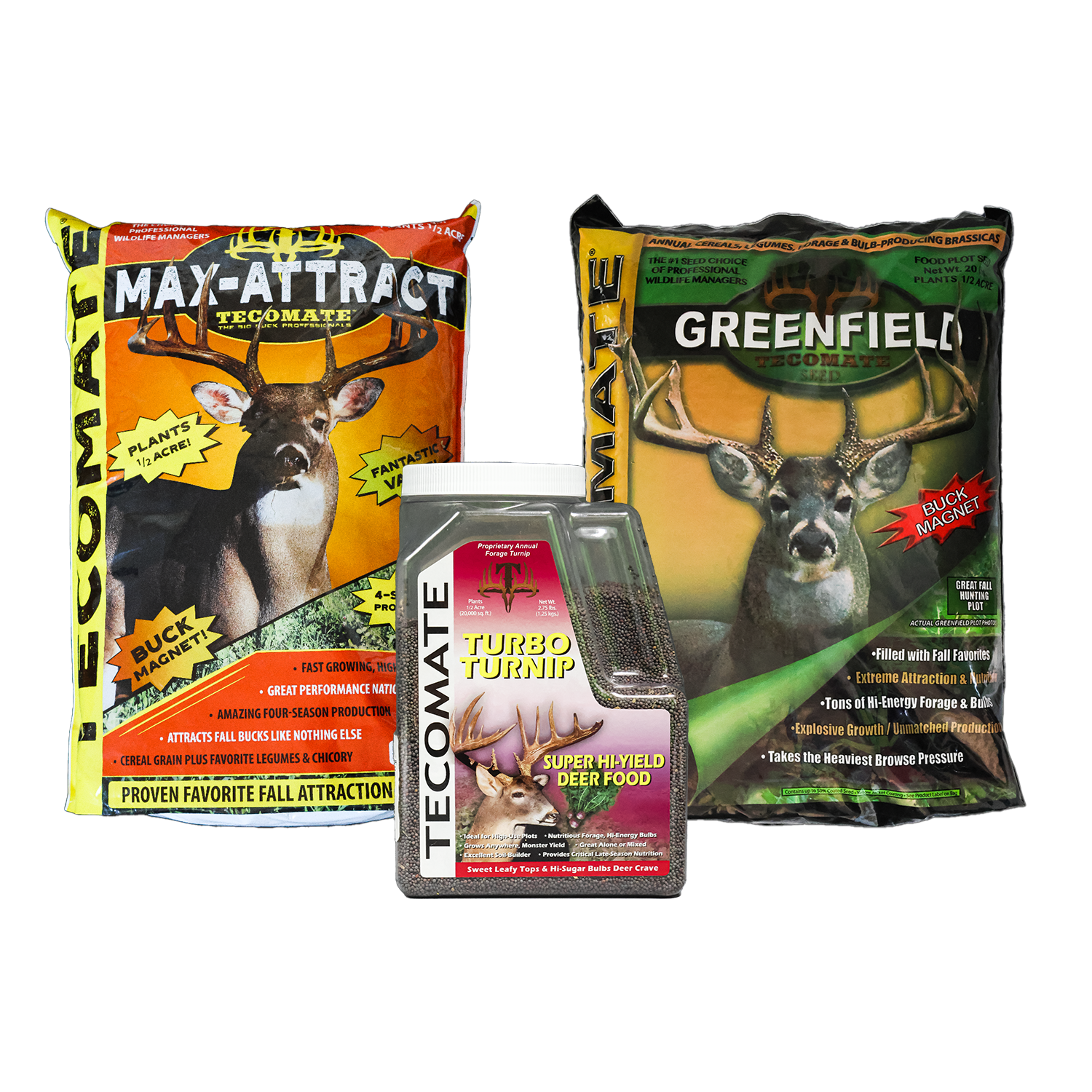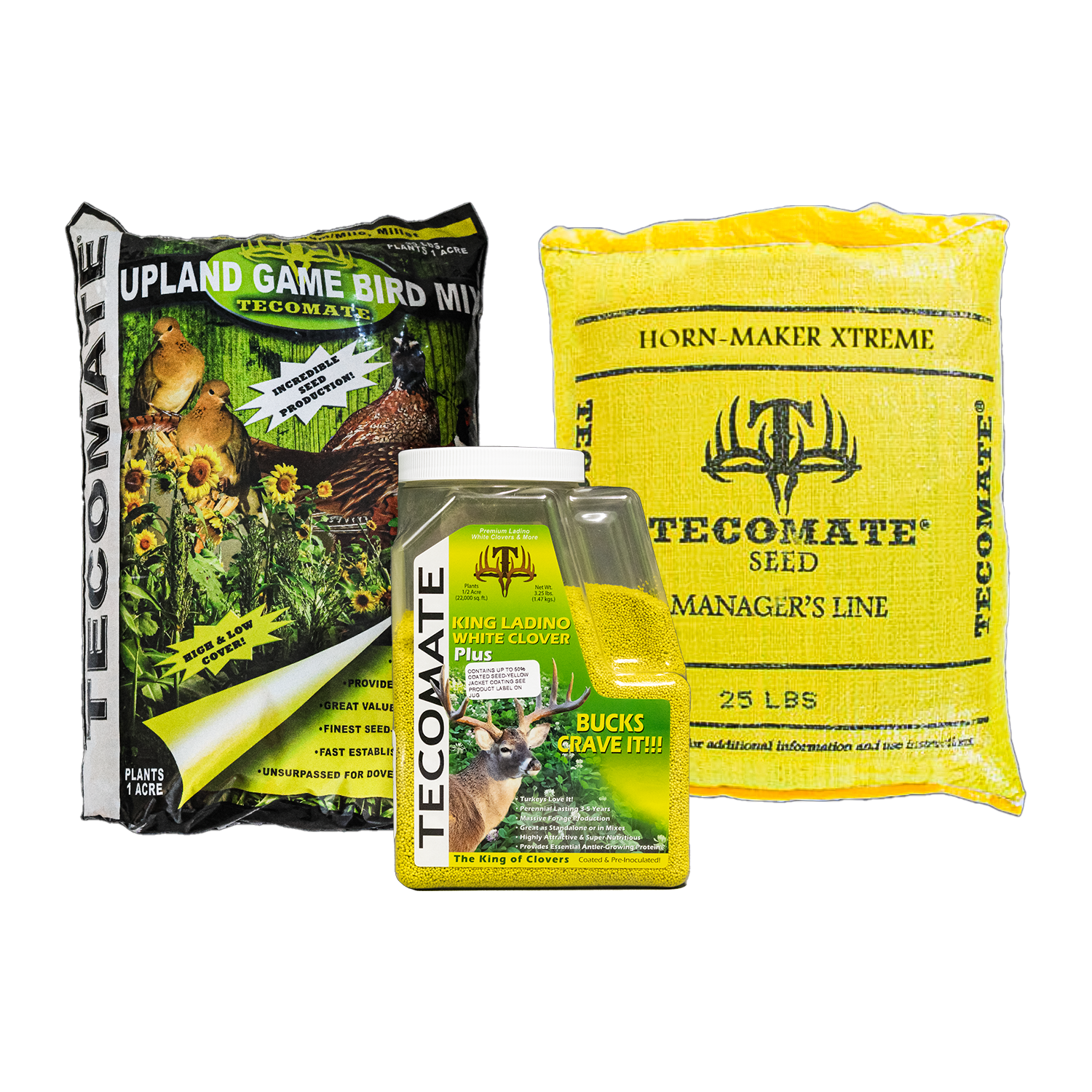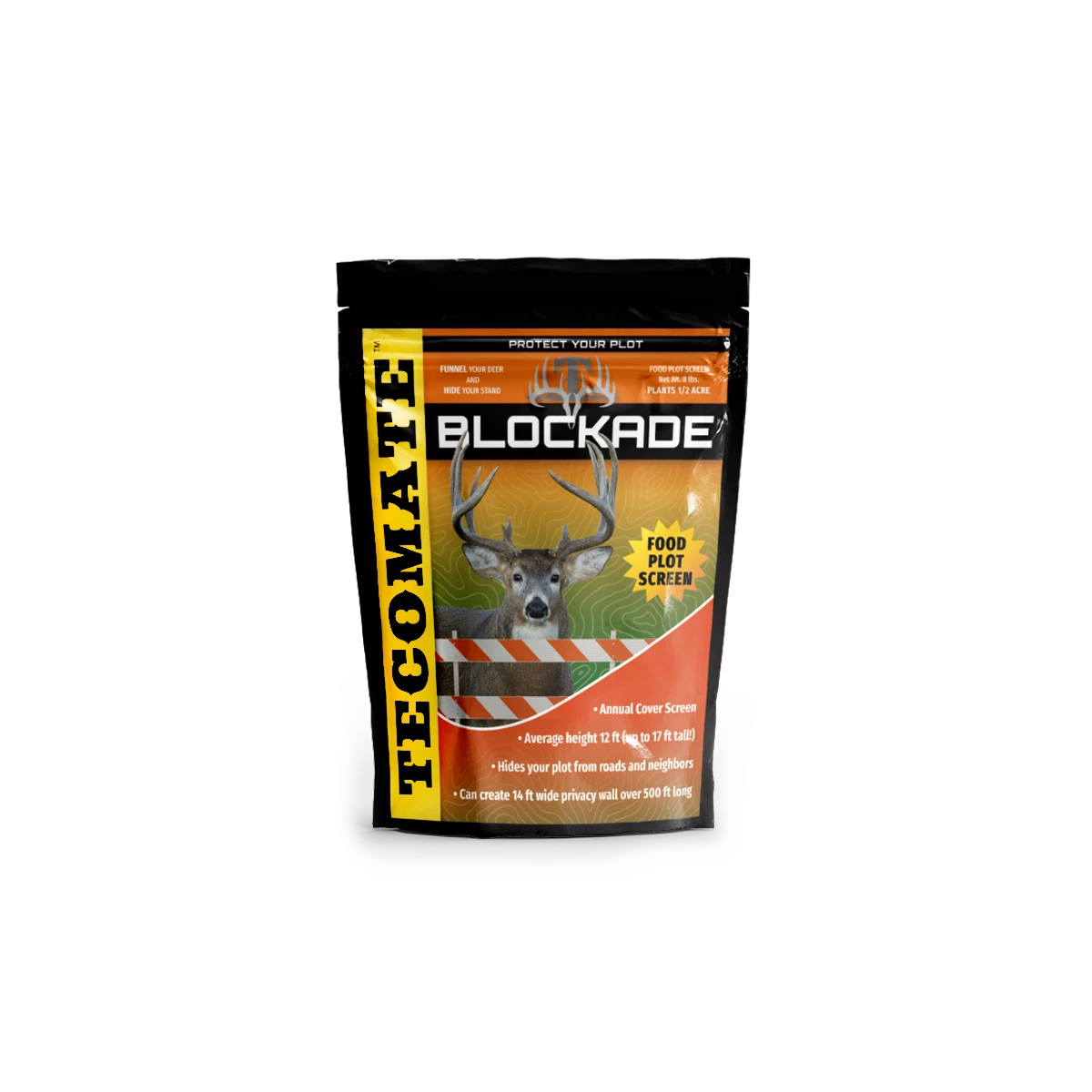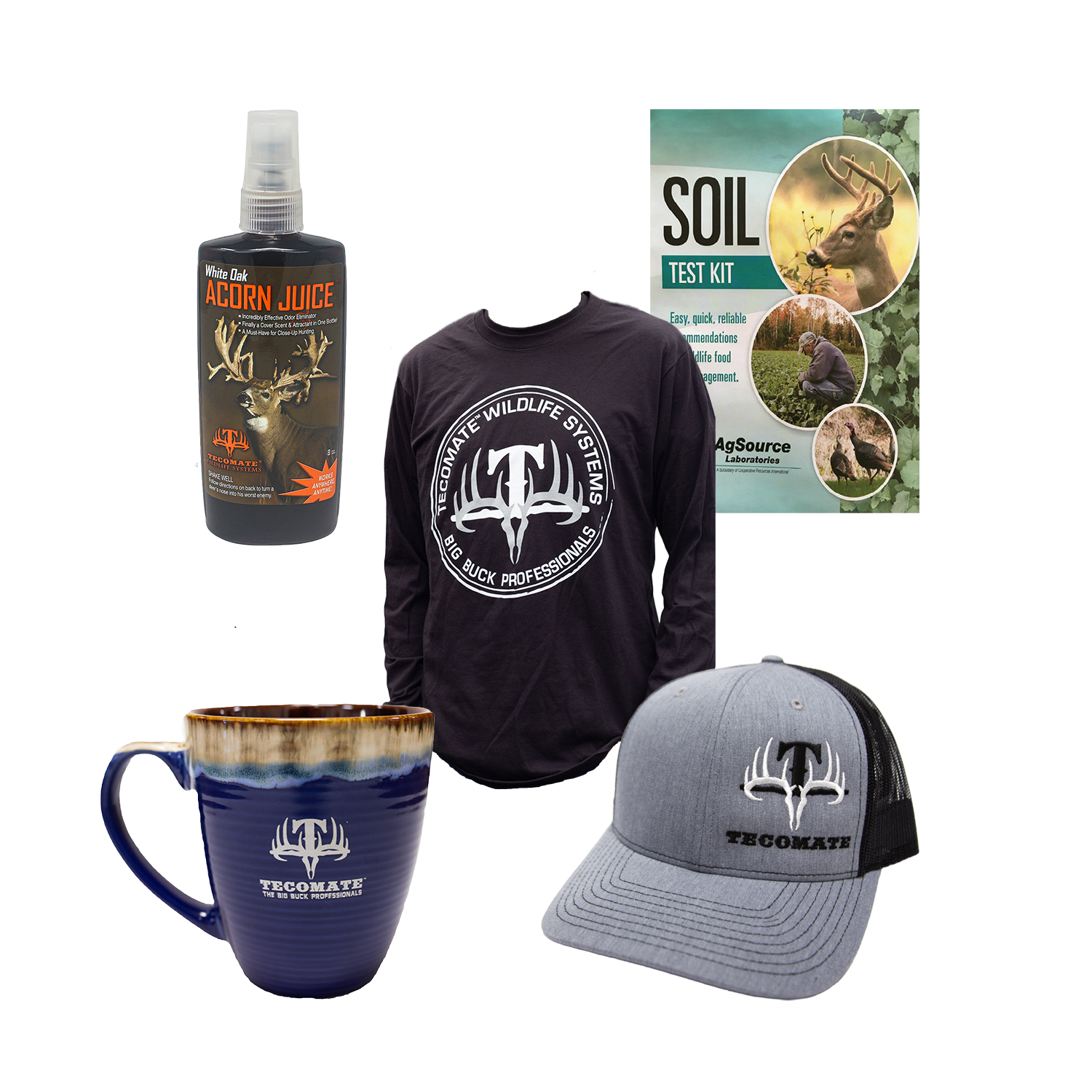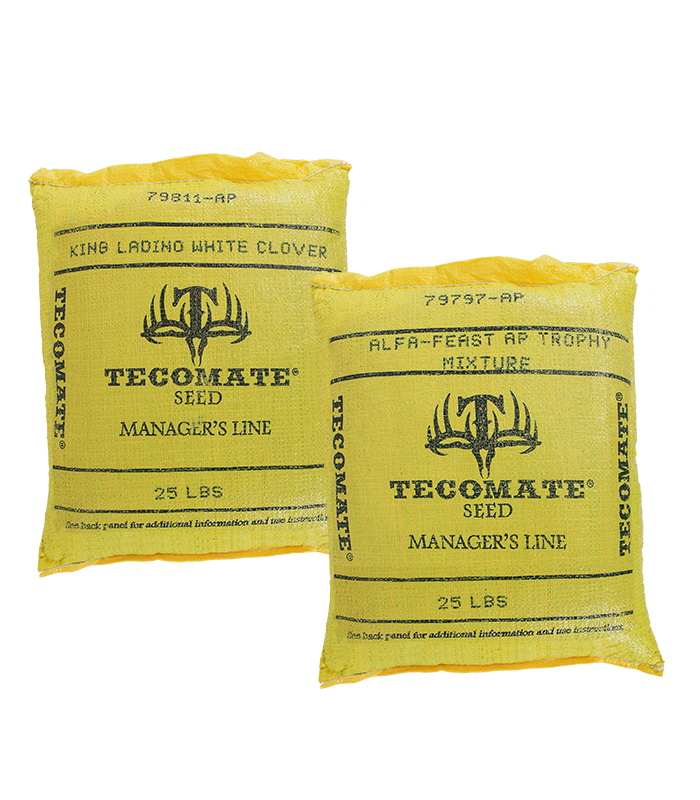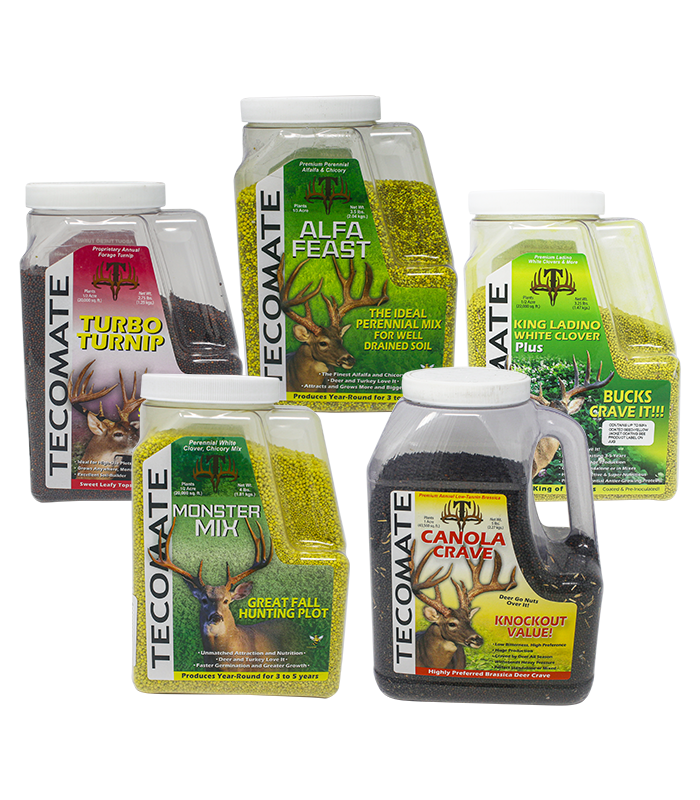
FREE SHIPPING!
That's right... fast, free shipping on every order! Even the heavy stuff like bulk food plot seed orders.
Order today and save.
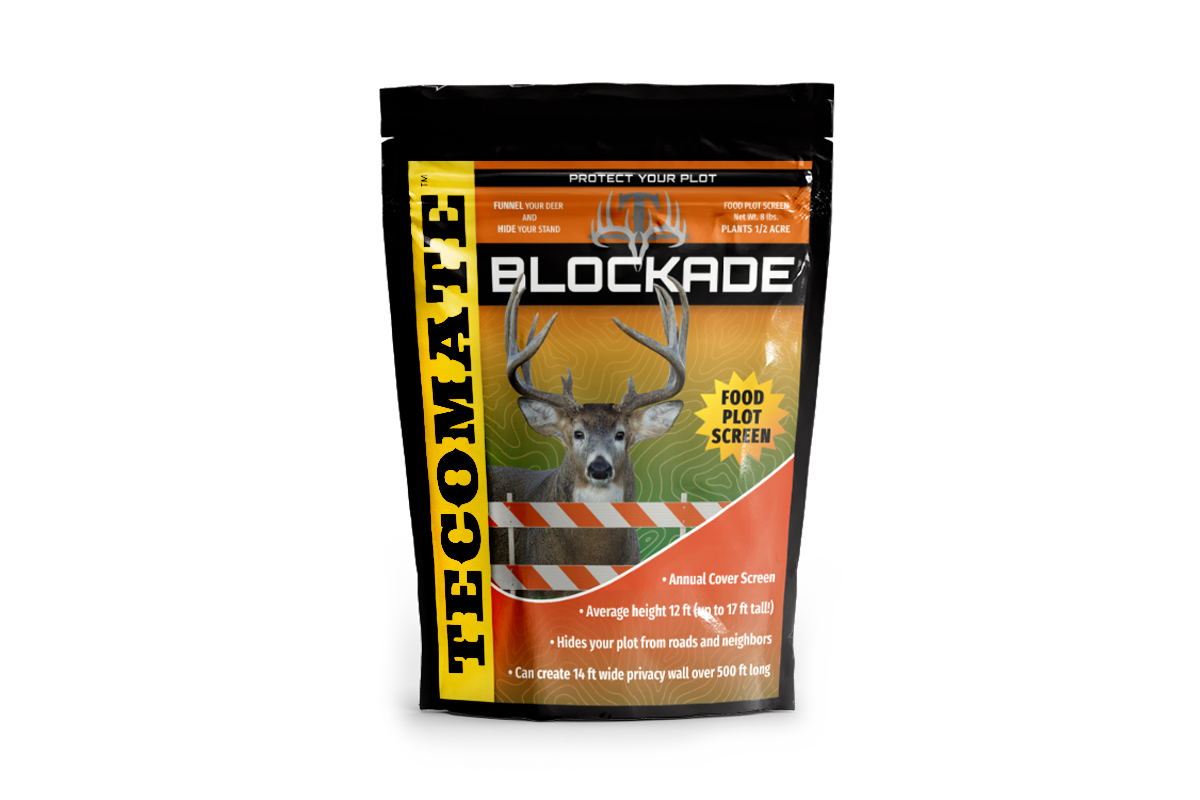
Best Plot Screen
Use Blockade to shield your food plots from public roadways and neighboring properties, keeping wandering eyes out and the deer feeling safe within.
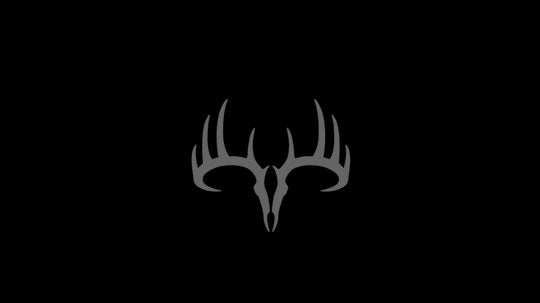
become a dealer
Feed Stores
Farm Supply Stores
Seed Stores
Hunting Outfitters
Other Resellers
